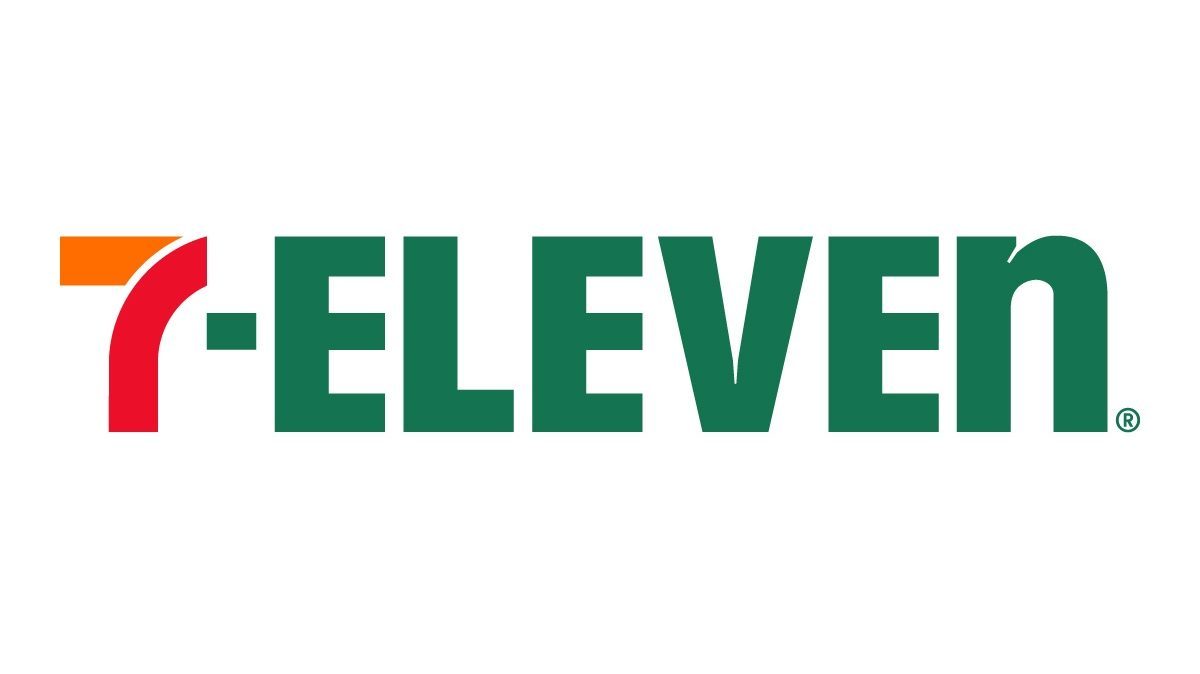What you need to know:
- You can obtain a mortgage of up to $750,000 with no down payment, but only for existing homes — you can’t use the funds to build a home.
- Regions Bank will exclude some deferred student loan payments from your DTI ratio, making it easier to qualify for a mortgage if you’re in residency or fellowship.
- Regions Bank doesn’t operate nationwide, mostly in the midwest and southern states.
If you’re a physician looking for a mortgage, it’s smart to consider taking advantage of loan programs designed specifically for medical degree graduates, like the doctor loan program from Regions Bank.
This program is designed to make it easier for physicians (including residents) to purchase a home. What are the advantages and drawbacks of the Regions Bank physician mortgage? Let’s take a look.
1. Regions Bank physician mortgage details 2.Pros 3. Cons 4. How to apply 5. Should you apply for a mortgage with Regions Bank?
Regions Bank physician mortgage details
Not all loans are created equal — here are the important details to know about the mortgage offer to physicians by Regions Bank.
Regions Bank Physician Mortgage
Minimum down payment
No down payment is required up to $750,000, 5% down required for mortgages up to $1,000,000
Residency/fellow allowed
Yes
Construction loans
No
How they treat student loans
Certain deferred student loan payments are excluded from your debt-to-income ratio
Requirements to keep low rate
You need to open a checking account with Regions to get the mortgage, but they don’t monitor if you close the account after
Degrees that qualify
Medical physicians, including residents, fellows, doctors of dental medicine (DMD/DDS), or doctors of osteopathy (DO)
Pros
Thinking of getting a physician mortgage from Regions Bank?
Here are the advantages.
Favorable debt-to-income treatment
Mortgage lenders will look at your debt-to-income ratio to determine if you can keep up with your monthly mortgage payments. Student loan payments can quickly make this ratio look lopsided, especially early in your career when you’re earning less. By disregarding some deferred student loan payments in this calculation, you might be able to get a mortgage in the early years of your career — especially during a residency or fellowship.
Minimum down payment
If you haven’t had time to save for a down payment — no problem. As long as your mortgage is less than $750,000 you won’t need a down payment.
Typically, with a low or no down payment, you’ll need to pay private mortgage insurance, increasing the cost of your monthly payments. But with Regions Bank the private mortgage insurance is waived.
Obtain your mortgage before you start work
You don’t need to wait for a history of paychecks or hold your position for a certain amount of time before you obtain your mortgage. This can be beneficial if you’re starting a residency or fellowship and want to own your first home in advance. Other lenders could require a stronger work history before approval.
Cons
We’ve told you what’s great about Regions Bank, but there are some notable disadvantages to their physician mortgage product, too.
- Not available in all states: Regions Bank only operates in the following states: AL, AR, FL, GA, IL, IN, IA, KY, LA, MS, MO, NC, SC, TN, TX.
If you want to buy a house outside of these areas, Regions Bank is definitely not the lender for you.
- Large monthly payments: Obtaining a large mortgage with a low down payment might seem great at first, but remember that the larger your mortgage amount the more you’ll have to pay each month. If you lose your job or have difficulty finding a position after your fellowship, this could put you on precarious financial footing. Always get the smallest mortgage to suit your needs.
- Not open to all medical professionals: Some high-ranking medical degrees, such as a Doctor of Nursing, aren’t included in the list of eligible professions.
- Only available for existing homes and primary residences: You can’t use this mortgage to buy a second home or income property. You also can’t use it to build a home — it has to be used for a primary residence that’s already constructed.
How to apply
If you want to move forward with an application for a Regions Bank mortgage, here’s how to get started.
Step 1: Make an online or in-person appointment
You can set up a meeting with a bank representative online.
Using the online scheduling tool, select “personal banking,” then “life events,” and enter your location.
You’ll be prompted to select a Regions Bank branch near you. Afterward, you can schedule a 45-min online appointment with a local banker.
Step 2: Gather your information
In order to apply, you’ll need information to provide your mortgage officer. Here’s what you should have ready.
- Employment information such as an offer letter for your residency or fellowship, or pay stubs. If you’re already earning a salary, provide W-2 forms from the last two years and your two most recent pay stubs.
Self-employed physicians need tax returns from the last two years.
- Proof of your education and information for all of your outstanding debt.
- Your Social Security number so Regions Bank can run a credit check. This credit check might temporarily impact your credit score.
- Two-year residence history, including names, addresses and telephone numbers of landlords for the past two years.
- Your two most recent bank statements.
You can apply for a physician mortgage before you’ve found a property you want to purchase. Since the application process could be lengthy, applying in advance might help you remain competitive in a tight housing market.
Should you apply for a mortgage with Regions Bank?
Regions Bank has a lot to offer physicians who are looking for a mortgage. It’s always best to compare rates between various lenders to make sure you’re getting the best deal.
Before you commit to Regions Bank, be sure to review other physician mortgages, weighing the pros and cons of each option.
Check Out Physician Mortgage Options by State Refinance student loans, get a bonus in 2021 1 Disclosures $1,050 BONUS1 For 100k+. $300 bonus for 50k to 99k.1 VISIT COMMONBOND Variable 2.49-6.84%%1 Fixed 2.59-6.74%1 2 Disclosures $1,000 BONUS2 For 100k or more. $200 for 50k to $99,9992 VISIT EARNEST Variable 1.88-5.64%2 Fixed 2.48-5.79%2 3 Disclosures $1,050 BONUS3 For 100k+. $300 bonus for 50k to 99k.3 VISIT LAUREL ROAD Variable 1.64-5.65%3 Fixed 2.25-5.75%3 4 Disclosures $1,275 BONUS4 For 150k+. Tiered 300 to 575 bonus for 50k to 149k.4 VISIT ELFI Variable 2.39-6.01%4 Fixed 2.47-5.99%4 5 Disclosures $1,000 BONUS5 For 100k+. $300 bonus for 50k to 99k.5 VISIT SPLASH Variable 1.88-6.15%5 Fixed 2.49-6.31%5 6 Disclosures $1,000 BONUS6 For $100k or more. $200 for $50k to $99,9996 VISIT SOFI Variable 2.25-6.59%6 Fixed 2.49-6.94%6 7 Disclosures $1,250 BONUS7 For 100k+ or $350 for 5k to 100k.7 VISIT CREDIBLE Variable 1.80-8.90%7 Fixed 2.15-9.15%7 Not sure what to do with your student loans?Take our 11 question quiz to get a personalized recommendation of whether you should pursue PSLF, IDR forgiveness, or refinancing (including the one lender we think could give you the best rate).
Take Our QuizOriginal Article





